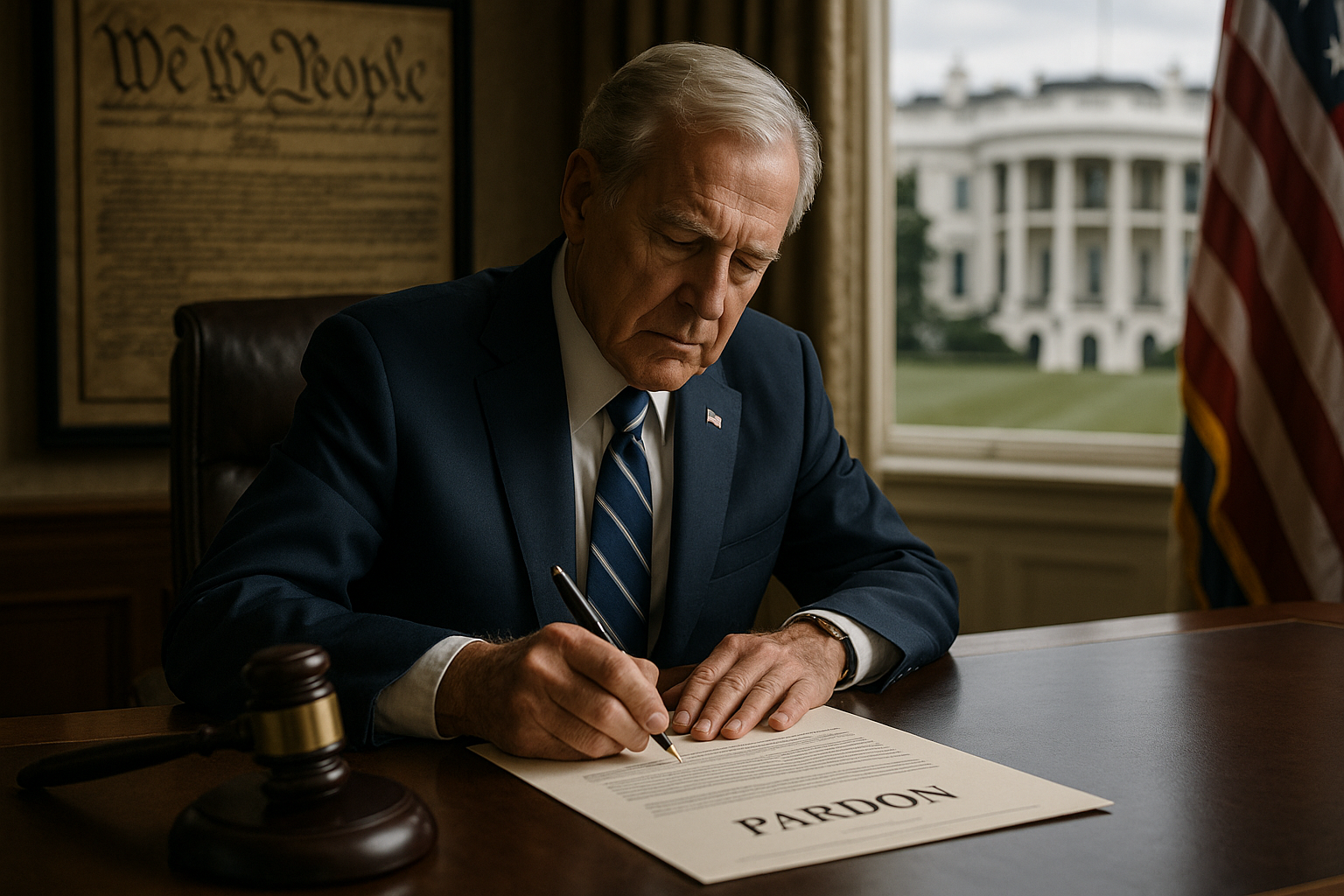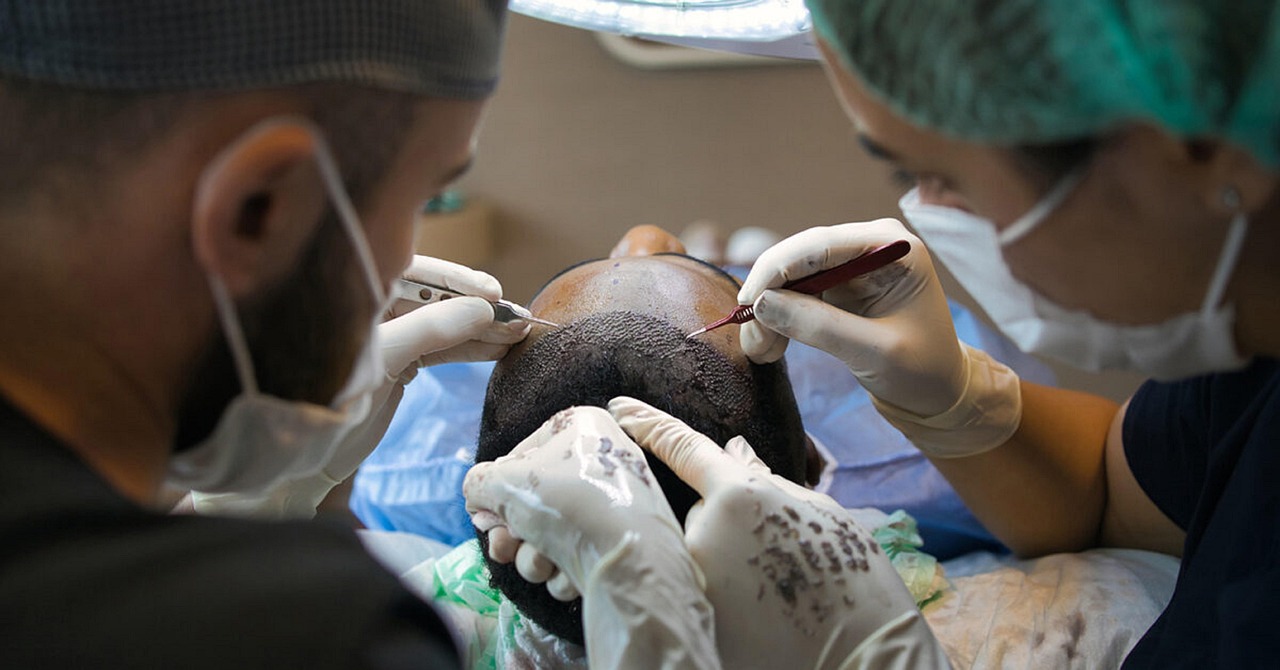"Decoding the Role of Presidential Pardons in the American Legal System"
The presidential pardon power in the United States has always been a hot topic of discussion in the legal and political realm. This article goes beyond the headlines to delve into the origins, implications, and current debates surrounding this controversial executive privilege.

Historical Context of Presidential Pardons
The power of presidential pardons is rooted in Article II, Section 2 of the U.S. Constitution, which grants the President the authority to “grant Reprieves and Pardons for Offenses against the United States, except in Cases of Impeachment.” This provision, borrowed from British common law, was intended to provide a check on the judiciary and offer mercy in cases of injustice.
The Scope and Limitations of Presidential Pardons
Presidential pardons apply only to federal crimes—not state offenses—and cannot be used to avoid impeachment. They can be issued at any time after an offense has been committed, even before charges are filed or a conviction is secured. Pardons can be granted for any reason, and the President’s decision is not subject to judicial review. However, acceptance of a pardon is considered an admission of guilt, as established in the 1915 Supreme Court case Burdick v. United States.
Controversies Surrounding Presidential Pardons
Presidential pardons have often sparked controversy, particularly when granted to political allies or controversial figures. Critics argue that this power can be abused, undermining the rule of law and enabling corruption. Recently, discussions have centered around whether a President can pardon himself—a question yet to be tested in court.
Impact of Presidential Pardons on Society
The societal impact of presidential pardons is multifaceted. On one hand, they can provide relief to those unjustly punished or serve as a tool for political reconciliation, as in the case of President Ford pardoning former President Nixon following the Watergate scandal. On the other hand, the potential for misuse of this power can erode public trust in the justice system and the office of the Presidency itself.
Current Legal Updates
In today’s politically polarized climate, the use of presidential pardons has come under increased scrutiny. Legal scholars and policymakers are discussing potential reforms, such as introducing checks and balances or more explicit constitutional guidelines on the use of this power.
In conclusion, the presidential pardon power is a complex and controversial aspect of the American legal system. Understanding its historical context, legal boundaries, societal impact, and current debates is crucial for informed citizenship and democratic accountability.




